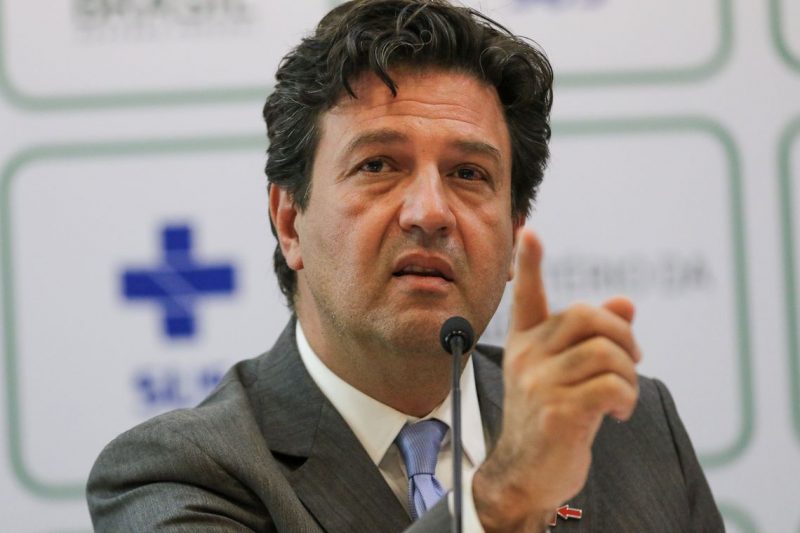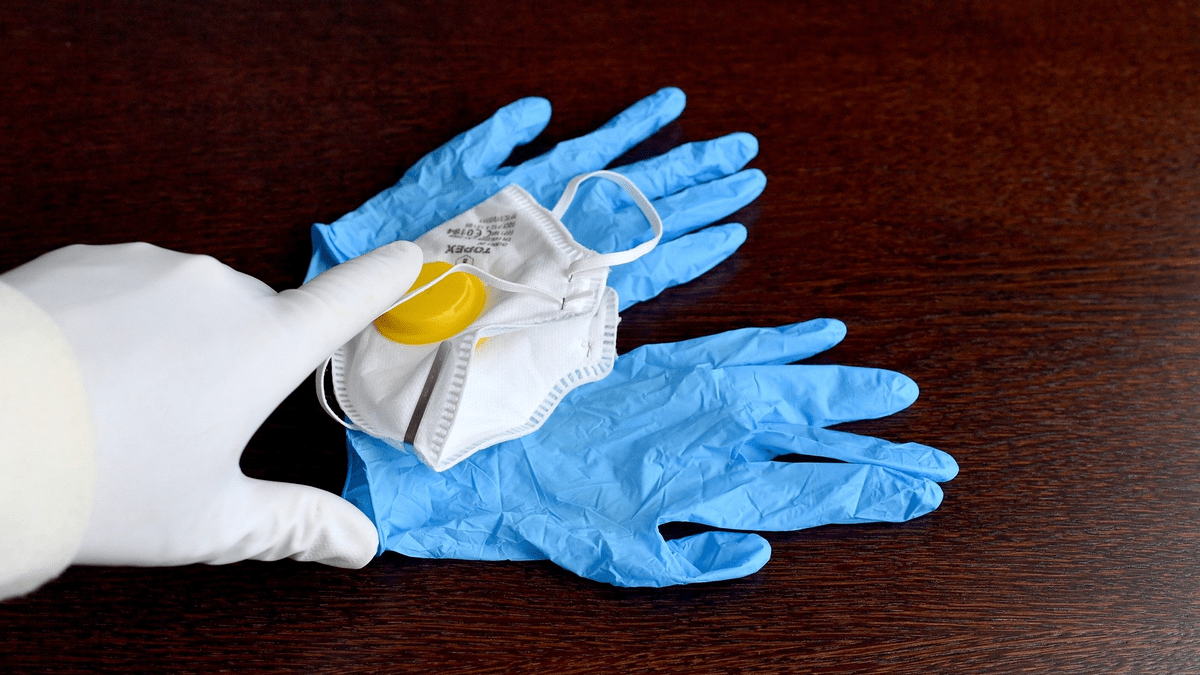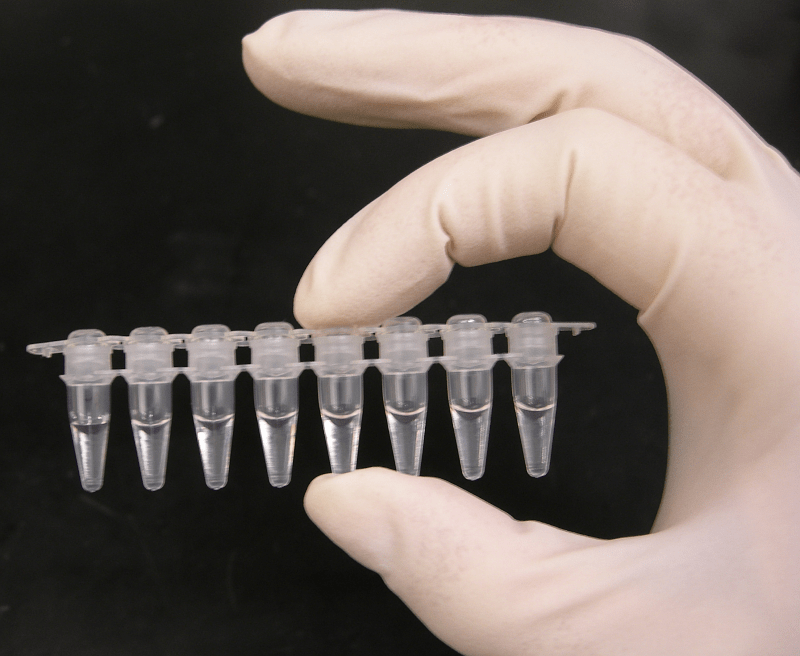RIO DE JANEIRO, BRAZIL – While Brazil is still trying to increase its testing capacity for the coronavirus and to draw a more current and real picture of the spread of the disease – with its 240 deaths and 6,836 infections – the country faces the risk of a lack of supplies ranging from personal protective equipment for health professionals to ventilators, essential to ensure the survival of the most critical Covid-19 cases.

“We are very concerned with the regularization of stocks,” said Minister Luiz Henrique Mandetta on Monday, explaining the difficulties the country faces in acquiring these materials due to high demand and the dispute in the international market. While not detailing the stock capacity in Brazil, the Minister assured that currently the states are still supplied, but said that the situation may be complicated soon.
“Now it’s time to fight with the weapons we have,” said the Minister, who also pointed to social isolation as the only measure to stop contagion and prevent the collapse of the health system. At this moment, the country is running against the clock to successfully expand the Single Health System (SUS) before reaching the peak of the disease. “Moving at this point is the worst we can do,” Mandetta adds.
The Minister reported on Wednesday that Brazil will record a large increase in the number of Covid-19 cases by the end of next week. According to the Minister, if the social isolation measures are maintained, the chances are that 96 percent of the Brazilian population will come out “well” of this health crisis.
He pointed out that Brazil has not gone into lockdown, i.e. the government has not decreed full quarantine officially, but alerted that the country “needs to redouble its efforts”. “If we go out, if we crowd, if we make sudden movements and relax, we may be left with a whole range of troubles regarding individual protection equipment, because we are not succeeding in acquiring our stock on a regular basis”, he said, explaining that, at the moment, all the state health departments are supplied.
“Our problem is that this virus was extremely harsh. It has knocked down, damaged and stopped the production of PPE (personal protective equipment), which hospitals use worldwide,” lamented Mandetta, referring mainly to China, the largest producer of these supplies.
The Minister said that purchases of gloves, caps, masks and other materials by Brazil from the Asian country “fell” when world demand became overheated and after the United States purchased a large volume of these key items in the face of the coronavirus crisis.
“Today, the United States sent 23 of its largest cargo planes to China to load the material they acquired. Our purchases, which we had hoped to make a reality in order to be able to supply, many have dropped,” Mandetta said. According to him, ventilator suppliers, important for critically ill patients, had already been contracted, but they advised that they were out of stock.
The Minister also said the Federal Government made progress on the “potential purchase” of 8,000 mechanical ventilators, but that there was no certainty regarding the delivery of the devices. “There is a gap between what you sign and what you receive. I only believe it when it is inside the country, in my hand,” he said.
“When this epidemic is over, I hope that the world will never again run the risk of having 95 percent of the production of supplies that determine the lives of people in one single country,” the Minister added, referring once again to China. With the statement, Mandetta echoes other governments, such as France, which also says it will seek greater independence in the production of medical supplies.

The race for testing
Brazil is also running out of time to increase its testing power – one of the country’s main challenges in coping with the epidemic. It is a key tool both for the government to achieve a more real dimension of the spread of the virus, and for health professionals to quarantine relatives of infected people.
Minister Luiz Henrique Mandetta explains that in the next few days there will be an explosion of cases due to the repressed demand which has been waiting for days for test results. The Minister recognizes that there is a long waiting line, but fails to quantify its size. He only says that Brazil has begun to automate the processing of PCR tests to speed up this process and is starting to use rapid tests, without detailing the country’s total testing capacity with the new measures.
The so-called PCR tests are performed in the laboratory and have a higher complexity and precision in identification. The health professional collects material from the patient’s respiratory tract and sends it to the laboratory, which analyzes if the genetic load (or RNA) of the novel coronavirus is present in this material.
“It has a very high sensitivity, almost 100 percent,” explains Mandetta. This test, however, has a higher cost and requires both professional skills and specific machinery.
Currently, the PCR test is being rationed and is therefore used only in the most severe suspected cases of inpatients with symptoms compatible with Covid-19. Mandetta says Brazil has already begun to expand its testing capacity, but does not mention specific data on how many daily tests the country is currently able to process.
Last week, the country was processing 6,700 daily tests. And the Ministry of Health’s own officials project the country would need to achieve a total of 30,000 to 50,000 daily tests to more accurately draw the epidemiological curve of coronavirus in Brazil. Currently, the picture of confirmed cases in Brazil is always a snapshot of the past, given the delay in test results.
In this context, the Government has chosen to work with rapid and serological tests in parallel. Although at a much lower speed than it promised two weeks ago (when it announced five million new tests for the end of March), the Ministry of Health began distributing a first batch of 500,000 such units throughout the country.
These tests specifically identify the presence of antibodies produced by the human body when they come into contact with the coronavirus and should therefore only be applied after the sixth day of Covid-19 symptoms. Before that, the test -which takes less than half an hour to deliver the result- would not be effective.

The serological test that began to be distributed on Friday has a much lower accuracy than the PCR for a reliable coronavirus result. “They should be useful, but they need to be evaluated and validated in Brazil,” explains infectologist Carol Lazari, chief physician in the molecular biology sector at Clínicas Hospital.
She alerted about the need to observe how far these tests can detect the disease in Brazil and how far they do not lead to false positives (in the medical vocabulary, the sensitivity and specificity of the tests, respectively). The ideal was for the tests to be 80 percent sensitive. Mandetta says that the Ministry expects that the sensitivity of the tests that are starting to be distributed will be 40 percent.
Nevertheless, he stresses that these materials will be used correctly and may help the Government to better understand the spread of the virus in Brazil.
“Our strategy is twofold,” the minister pondered, explaining that severe cases will continue to be tested by PCR. The rapid tests – in all, five million donated by the mining company Vale- will be used only as a screening tool, applied to health professionals and safety agents with symptoms of influenza syndrome.
“It only serves to mark whether or not the person has the antibody that fights the virus. It will show whether or not the person has had it in the past, in which case they are immune, or if they have the virus in the latent period of the disease,” Mandetta says.
Other types of tests are being negotiated by the Ministry, which says it expects to reach 22.9 million, but is still working in direct negotiation with suppliers and in direct dialogue with the private sector, which has announced donations.
The government says it is preparing the implementation of drive-thru centers, such as those in South Korea and the United States, where people will be able to be tested and get the result the next day through a cell phone App.
The goal is to use the tool in cities with more than 500,000 inhabitants to contain outbreaks, isolating infected patients more quickly.
Source: El País

